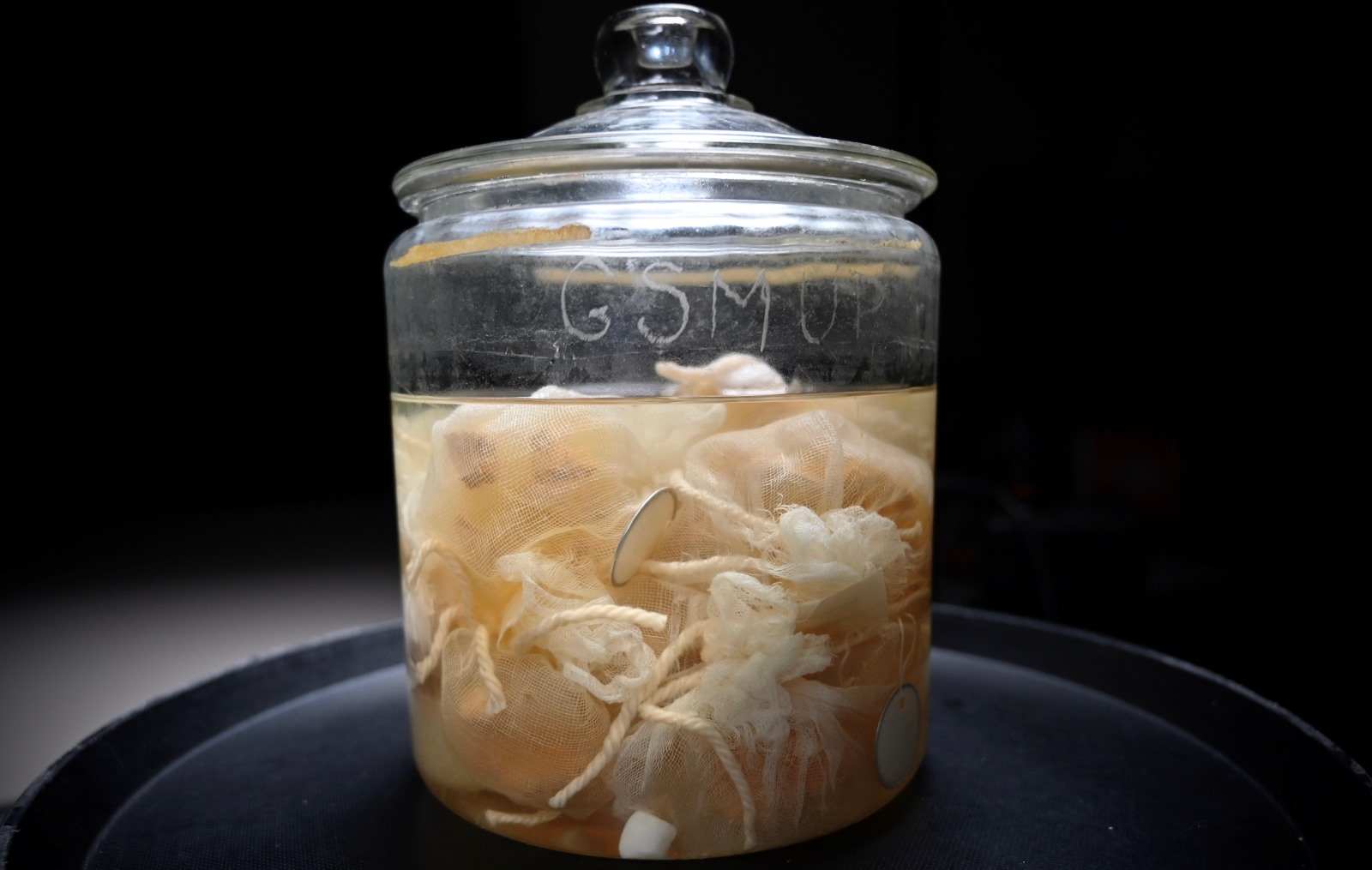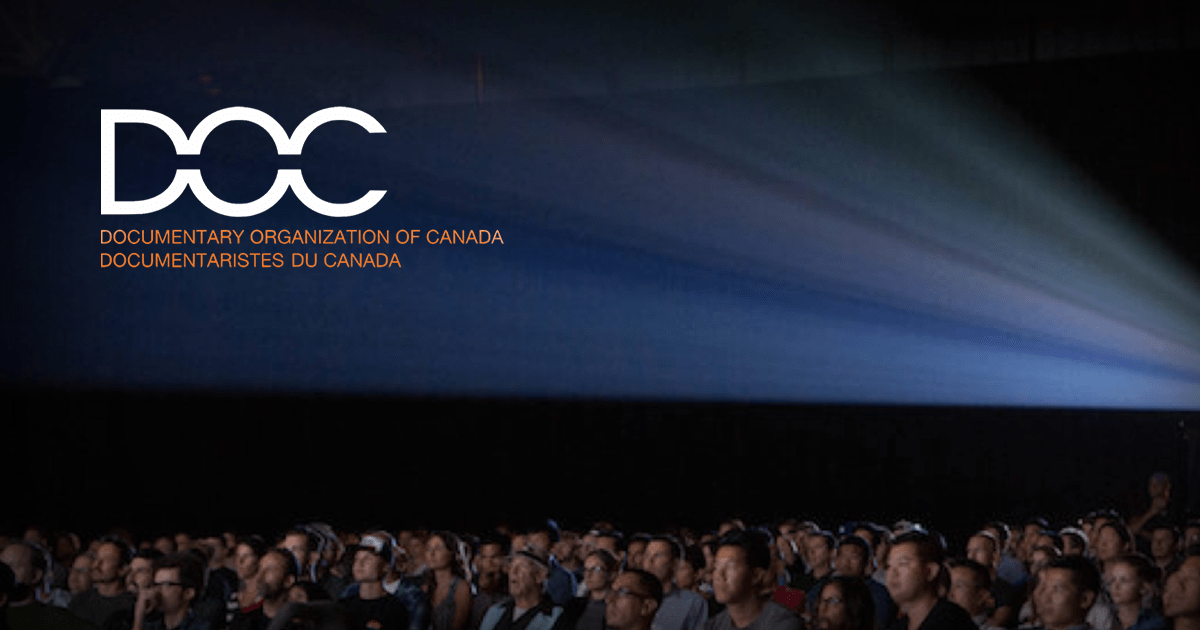The Man Who Stole Einstein’s Brain
(Canada, 78 min.)
Dir. Michelle Shephard
Programme: Special Presentations
The brain of Albert Einstein arrived in pieces at the Canadian border in 1995, in a couple of jars of alcohol hidden in a car trunk driven by an 83-year-old pathologist, Thomas Harvey. Once the chief pathologist at Princeton Hospital, Harvey removed the organ from its deceased owner’s cranium almost 40 years before, after the 76-year-old physicist died in his sleep. Since then, he’s refused to relinquish it to researchers, the U.S. Army, or the executor of Einstein’s will, insisting he was still doing research. Over the subsequent decades, Harvey travelled across the U.S., through various job changes and marriages, dispensing bits of the brain along the way. Einstein’s brain travelled with Harvey even when he lost his medical license and worked at the assembly line in a plastics factory.
Carolyn Abraham, who worked as a medical reporter for The Globe and Mail, covered the Canadian angle when Harvey took the brain bits to Hamilton’s McMaster University to present them to renowned neuropsychologist Sandra Witelson. She studied the brain, finding anomalies that might explain his mathematical genius, which she later published in The Lancet.
The scientific value of the genius’s skull contents is secondary in Michelle Shephard’s The Man Who Stole Einstein’s Brain, a blackly comic saga of hubris and a fetishistic genius cult. In 2002, Abraham expanded her reporting into a book, Possessing Genius: The Bizarre Odyssey of Einstein’s Brain, which is the basis of Shephard’s documentary, condensing Harvey’s multi-decade story of the travelling brain into a television-friendly package. The film relies on stretches of Abraham, talking to the camera or narrating over dissolving zoom and pan photo archives (the Ken Burns effect) with film clips and brief re-enactments. The other wellspring of material is Abraham’s audio interview, accompanied by the spinning reels of a tape recorder.
Other sit-and-talk contributors include Harvey’s son, Robert, who recalls the “anatomical museum” that his father kept in the house. Stepdaughters Alexia Pepper and Helena Pikuzinski, recall their dad as a quiet clown, who liked to mow the lawn in lederhosen and played accordion and banjo. Neurologist and author Fred Lepore adds context to the genius cult around Einstein.
This is also a media story. Abraham describes a pattern where, periodically, the press would express interest in Einstein’s missing brain, and assign a reporter to track it down. One of these was Steve Levy, a junior reporter in a small New Jersey weekly, who tracked Harvey down to Witchita, Kansas, where he worked in a medical clinic, while keeping the brain matter in a Styrofoam cider cooler in the office. The story made national headlines, and jokes on The Tonight Show. In an appropriately surreal twist, one of Harvey’s neighbours and drinking companions in Witchita was Beat writer William Burroughs.
To bring the story into the new century, there are interviews with journalist Benjamin Cohen, who maintains Einstein’s social media feeds, funded by Hebrew University of Jerusalem, which has more followers than Tom Hanks or Jennifer Aniston. Cohen is keeping Einstein’s image and ideas alive, even as the remnants of his brain, we are informed, are now “scattered around the world.”











